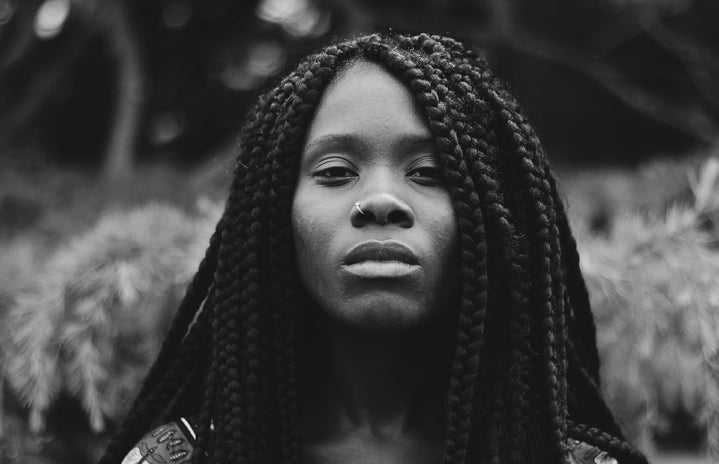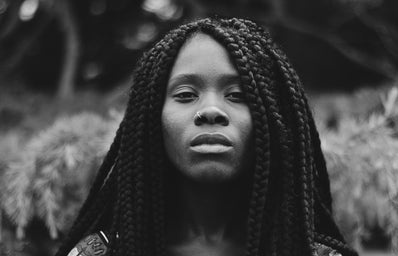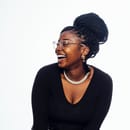The appropriation of black culture over the past decade has made ripples throughout social media; whether it’s hair, AAVE, style or anything else.
However, to many African-American women, there are few things worse than seeing a white woman in braids. In 2018, Kim Kardashian was photographed with Fulani braids, after which social media accused her of culturally appropriating. Just a couple years before, Vanessa Hudgens posted photos of herself wearing box braids, which received the same criticism. While other races may not immediately see the issue with donning the protective style, for many black women, this is offensive. As a Twitter user said so well after the Kim Kardashian episode, “For the thousandth time, what we’re mad at is that when Kim [or any white woman, for that matter] wears styles such as these…they get praised all the way around for it. But when black women do it…we get told that it’s unprofessional, or that we look unkept. Or that we’re a distraction. Not to mention that fact that they don’t even consider giving credit where credit is due…It’s honestly a triple slap in the face. That’s what we’re mad about nothing more, nothing less.”
Now this isn’t to say that white women and black women can’t share hairstyles, or to be seen as black women gatekeeping every sense of our culture. If Becky wants lip injections or a BBL, to each their own. However, braids are not just a hairstyle. They’re symbolic to our culture, our history and our ancestry.
The history of braids goes back centuries, dating back as far as around 3500 B.C. Braiding styles were passed down through different tribes and generations, and could represent everywhere from a women’s marital status to the clan she belonged to. Braiding also has a significance for Black women due to slavery. According to an Essence article on the history of braids, “Before the captured boarded the slave ships, traffickers shaved the heads of the women in a brutal attempt to strip them of their humanity and culture.” As women endured slavery, they needed a practical style that would last a long time- thus braiding becoming more popular. Braiding was also said to be a secret communication for slaves; the number of plaits could indicate how far one needed to travel to safety or where to meet someone.
Fast-forward to the 20th century, braids were seen (and still are) seen as unprofessional. Instead of being a symbol of our hair appreciation and proud culture, they were seen as disdainful and women have been pressured or humiliated out of wearing these styles. Black women often hesitate to wear their braids in professional settings out of fear of being stereotyped or seen as unprofessional. White women do not face this fear. While we are belittled or judged because of our hair, they don’t even have to think twice about it. Gabriella Evangeline wrote in a Medium article after her experience with a white braider, “Wearing braids was just a hairstyle to her- it meant nothing. She effectively stripped the style of its deep spiritual and cultural meaning. Wearing braids won’t make her look ‘more black’, she won’t experience racism for it and she won’t be forced not to take a job because of it. It’s just a costume she can put on and take off at will. It’s a slap in the face to see white women wear these styles so easily.”
I couldn’t have said it better myself.
To some, braids may just be a hairstyle; but as a black woman, I can tell you that they are so much more. They are a sense of identity. They are our roots. And they are not for everyone.



